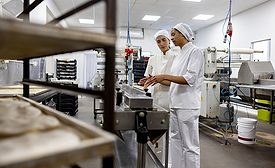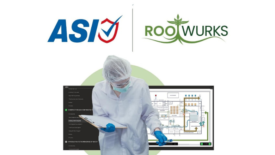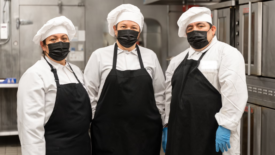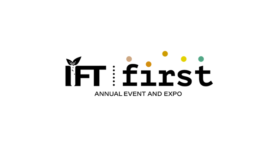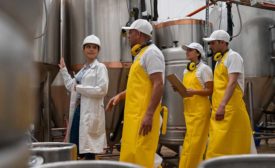Training
Strategies for Managing Temporary Workforce in Food Manufacturing
Temporary employees can be a cost-effective staffing resource for a food manufacturing facility; however, they can also bring some challenges
February 13, 2024
Building a Culture of Hygiene in the Food Processing Plant
One of the crucial building blocks for a successful food safety or quality culture is basic food hygiene
February 13, 2024
Never miss the latest news and trends driving the food safety industry
eNewsletter | Website | eMagazine
JOIN TODAY!Copyright ©2025. All Rights Reserved BNP Media.
Design, CMS, Hosting & Web Development :: ePublishing


